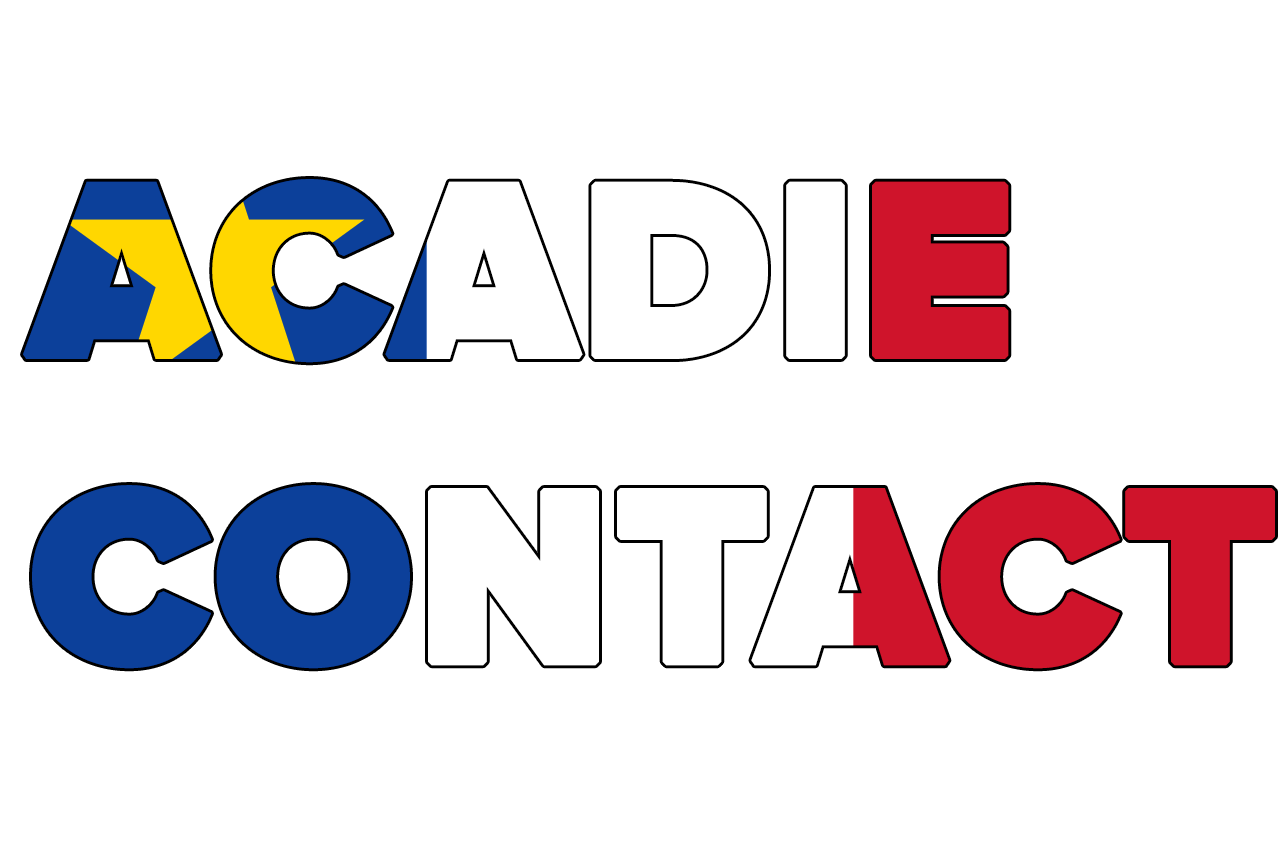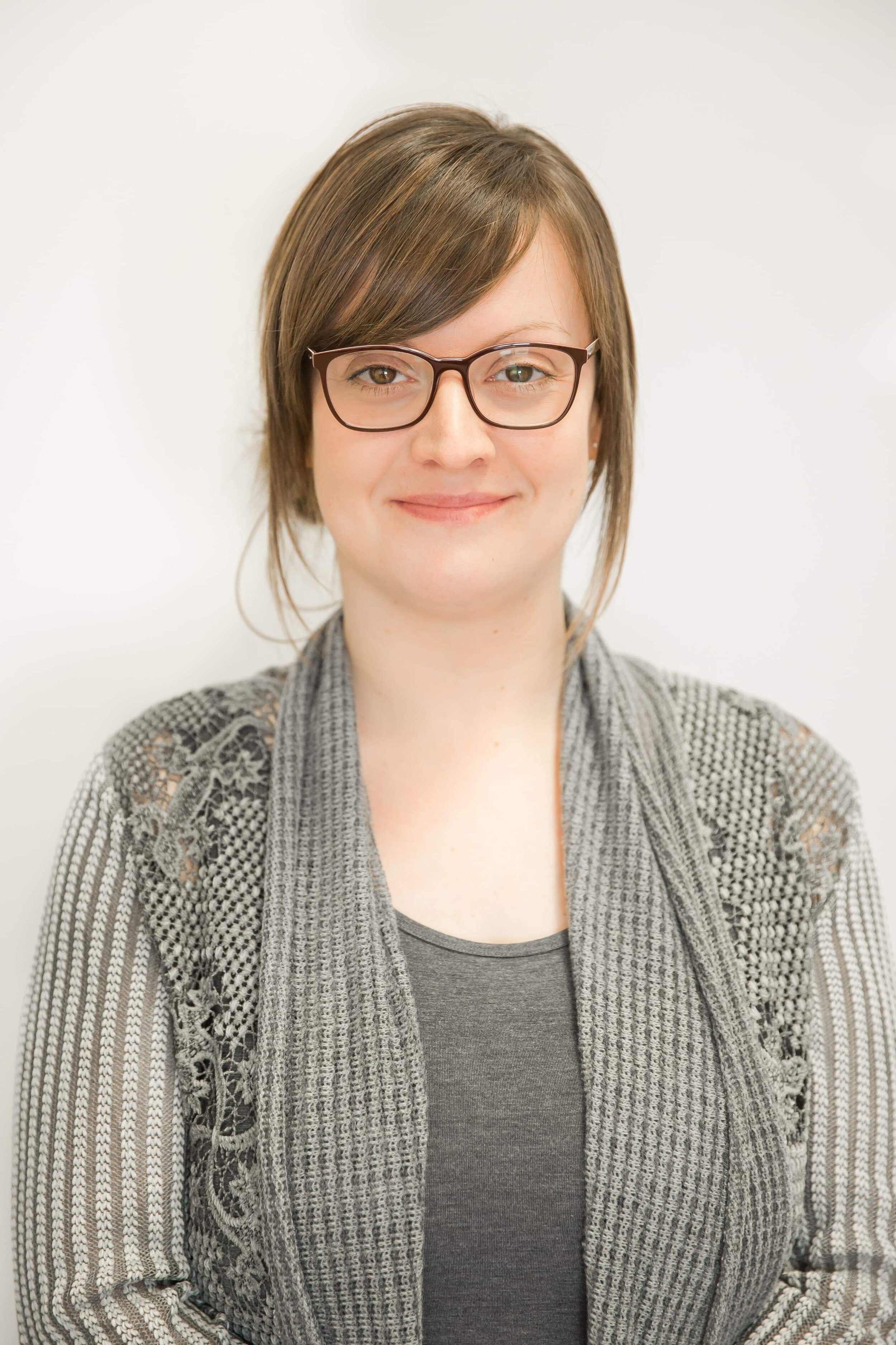Co-researchers
Ruth King
✉ rking@yorku.ca
Ruth King is a professor in the Linguistics Section of the Department of Languages, Literatures and Linguistics at York University (Toronto). A Newfoundlander, she completed an undergraduate degree in French Studies at Memorial University followed by a year as an English-language teaching assistant in France. Upon returning to Newfoundland, she did an M.A. in French and a Ph.D. in Linguistics. Her M.A. research comprised a description of the French spoken in the Franco-Acadian community of L’Anse-à-Canards on Newfoundland’s west coast while her Ph.D. investigated syntactic variation and change in this same community and in three neighbouring communities. All her work on Newfoundland French is based on her extensive fieldwork in the communities. She subsequently supervised fieldwork in Prince Edward Island and Nova Scotia Acadian communities in collaboration with the ethnographer Gary R. Butler.
Her research is concerned with leading questions regarding variation and change in French, in particular to the role of dialect contact as it relates to the development of Acadian French varieties spoken in Atlantic Canada. This research is based on historical and dialectal documentation, archival audio recordings for early and mid 20th century Acadian French, and sociolinguistic interviews for the late 20th century. In her work she draws on the perspectives of both variationist sociolinguistics and formal linguistic theory. A second line of research involves representations of minority languages in the media and their relationship to language and identity.
She has published three books, two of which are concerned with Acadian French: The Lexical Basis of Grammatical Borrrowing (2000) and Acadian French in Time and Space (2013) along with numerous journal articles, including Language, Language in Society, Language Variation and Change, Probus, and Journal of Sociolinguistics.
Carmen LeBlanc
✉ carmen.leblanc@carleton.ca
Carmen L. LeBlanc is an associate professor at Carleton University, where she teaches French linguistics in the French Department and sociolinguistics in the School of Linguistics and Language Studies. After studying French and education at the undergraduate level, she taught French in Newfoundland and Prince Edward Island before returning to university. She obtained a PhD in variationist linguistics with a specialization in Canadian Studies at the University of Ottawa. Her research initially focused on varieties of French spoken in Quebec and Ontario using a comparative and diachronic approach, before she returned to her Acadian roots.
Her current academic interests include the origin, description and development of varieties of Acadian French in eastern Canada. Her work on dialect contact and historical dialectology is based on archival recordings and sociolinguistic interviews. In addition, it is informed by two main lines of research: morphosyntactic variation and grammaticalization as a process in language change in progress. For example, she has recently been studying the relationship between linguistic norms and identity in the French spoken in the Magdalen Islands through the development of the verbal system. The many social changes that have taken place in the community since the beginning of the twentieth century, including increased contact with the standard language through education, can be traced in the speech of the different generations.
Her research has been published in the Canadian Journal of Linguistics, the Journal of French Language Studies and the Journal of Linguistic Geography, among others. She regularly presents her work at the following scholarly conferences: New Ways of Analyzing Variation (NWAV), Methods in Dialectology and Les français d’ici, and in related publications.
Philip Comeau
✉ comeau.philip@uqam.ca
Philip Comeau is an Associate Professor at the Université du Québec à Montréal. Originally from Baie Sainte-Marie (Clare), Nova Scotia, Philip became curious at a young age of language issues relating to bilingualism, minority languages, language and identity, and differences between different dialects. He decided to pursue a Bachelor’s degree in English and Linguistics at Dalhousie University before doing his Master’s and PhD at York University under the supervision of Ruth King. Following this, he undertook a two-year postdoctoral fellowship at the University of Ottawa under the supervision of France Martineau. The training he received allows him to scientifically study language variation and change in order to better understand the diversity of French.
His main research areas include language variation and change (models of language change), Acadian French, and issues relating to dialect and language contact. While the focus of his research is on varieties of Acadian French, he seeks to answer broader questions relating to models of language change and how variation can be accounted for within formal linguistic theory. The data that he relies on involve contemporary corpora of spoken language as well as historical documents, in efforts to reconstruct earlier stages of the language.
His research has appeared in the Canadian Journal of Linguistics, Journal of French Language Studies, Linguistic Variation, and Linguistica Atlantica, among others He regularly attends conferences in his field, such as New Ways of Analyzing Variation, Annual Meeting of the Atlantic Provinces Linguistic Association, Les français d’ici, and the Annual Meeting of the Canadian Linguistic Association.






















